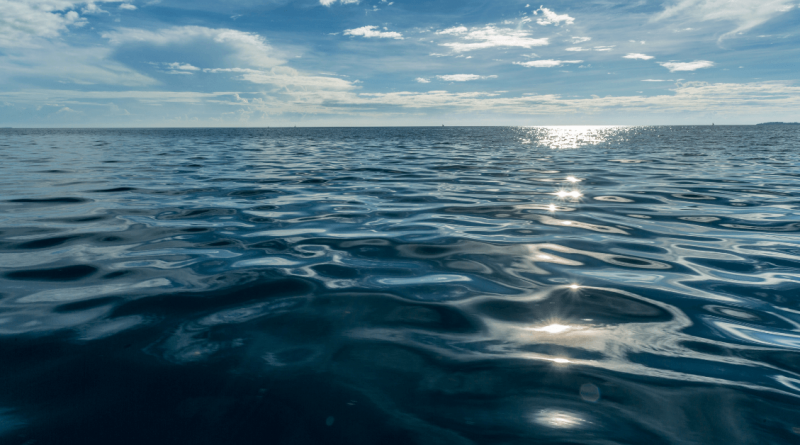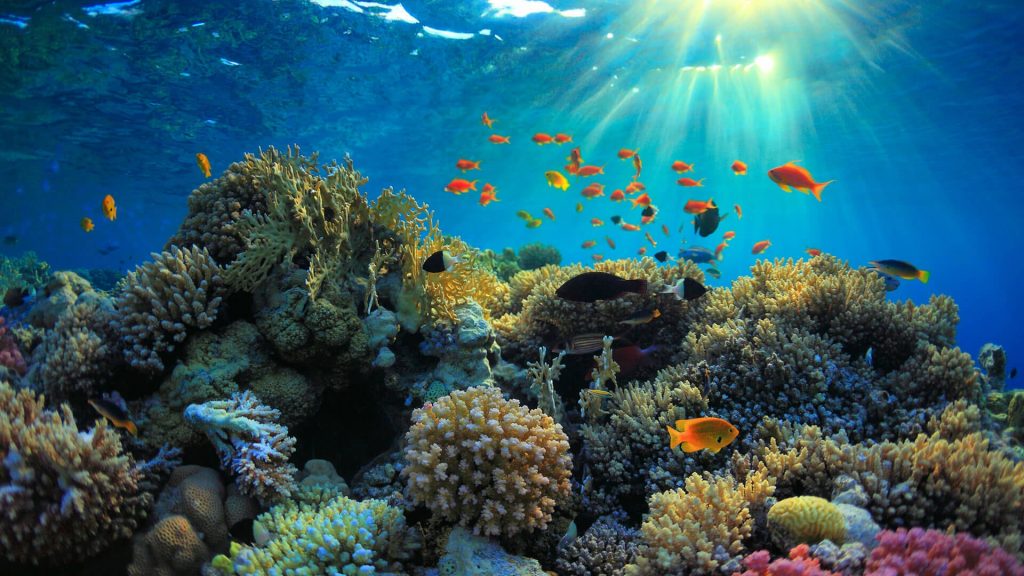Indian Ocean Heatwave: A Dire Forecast for Climate and Ecosystems
Reported by Pushpa
In a groundbreaking study led by climate scientist Roxy Mathew Koll from the Indian Institute of Tropical Meteorology, the future of the Indian Ocean is painted with alarming clarity. The research suggests that between 2020 and 2100, the surface of the Indian Ocean could warm by a staggering 1.4 to 3 degrees Celsius. This dramatic increase is poised to thrust the ocean into a perpetual state of heatwaves, significantly impacting marine life, weather patterns, and coastal communities.
The study predicts a stark rise in marine heatwaves, with the number of days per year experiencing abnormally high temperatures skyrocketing from 20 to a staggering 220-250. This prolonged heatwave state spells trouble for coral reefs, seagrass beds, and kelp forests, endangering vital ecosystems and the fisheries industry.
Moreover, the Indian Ocean’s heat content, not just at the surface but down to a depth of 2,000 meters, is on the rise at an alarming rate. To put it into perspective, the projected increase in heat content is likened to the energy released by one Hiroshima atomic bomb detonation every second, every day, for a decade. Such rapid warming is expected to have far-reaching consequences, intensifying cyclones and disrupting the monsoon.
The impacts of this warming are not confined to the ocean alone. Surface temperatures are projected to shift, potentially amplifying extreme weather events across the vast Indo-Pacific region. The study also highlights the looming threat of ocean acidification, with surface pH levels expected to plummet, posing a grave risk to marine life, particularly corals and shell-building organisms.
Additionally, the Indian Ocean Dipole, a crucial climate phenomenon, is anticipated to undergo significant changes, further complicating weather patterns and cyclone formation. With over a third of the global population residing in the Indian Ocean region, the socio-economic ramifications of these climate shifts are profound. Coastal communities, in particular, face heightened vulnerability to natural hazards, underscoring the urgent need for proactive measures to mitigate the impending crisis.
As the Indian Ocean braces for unprecedented warming, the findings of this study serve as a sobering reminder of the urgent need for collective action to address the escalating climate crisis and safeguard the fragile ecosystems upon which countless lives depend.




